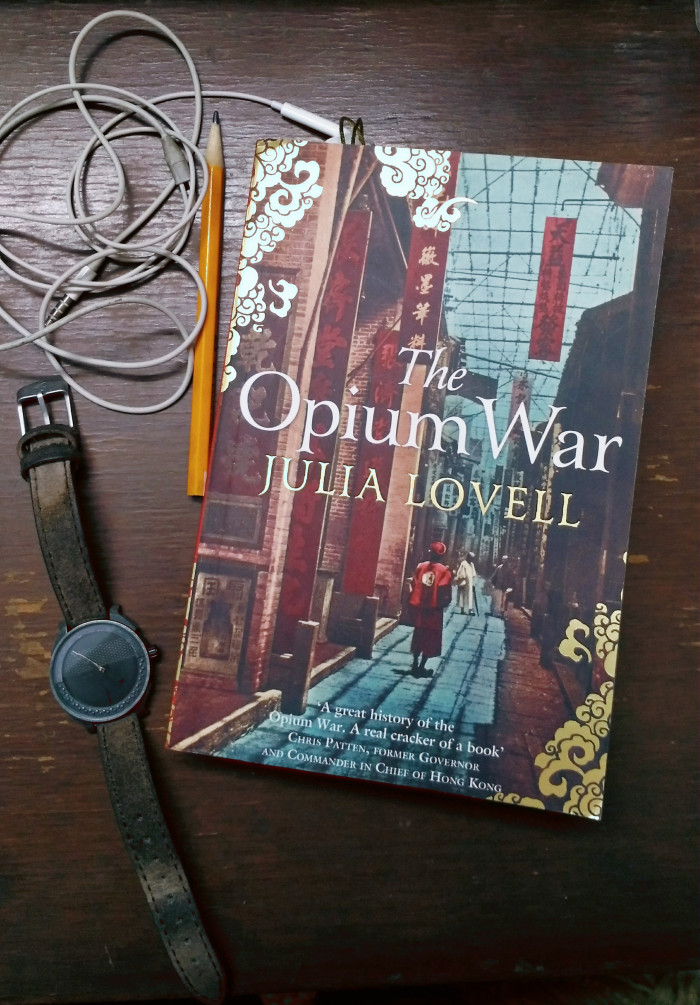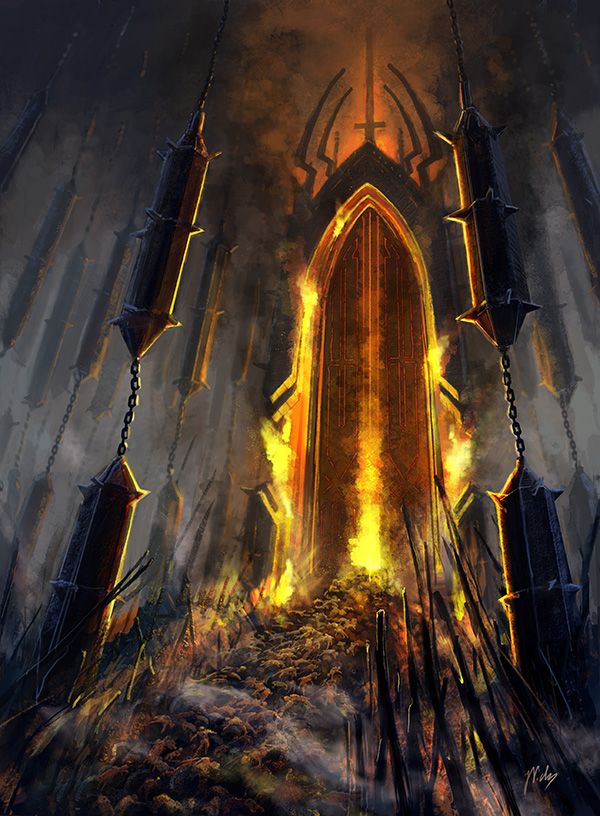I was but a child when I had read Tintin’s adventures in The Blue Lotus, where the spunky reporter unearthed opium smuggling racket between China and Japan. It was my first encounter with the word ‘opium’ and I still clearly remember the dark, gloomy panels that depicted the opium dens. Surly faced men lying on their sides smoking a pipe. And though I may not have known about the cultivation of opium in India, I had an inkling of what a drug was.
So back in 2016, when I came across The Opium War by Julia Lovell at the World Book Fair, I snapped it right up. The tagline runs as ‘Drugs, dreams and the making of China’. Didn’t think twice beyond that. China, it’s history and culture has always fascinated me, and I try to read as much as I can about it.
 Such a pretty cover :)
Such a pretty cover :)
The author Lovell teaches Modern Chinese History in London and has also published other non-fictional works on China for various publications, while also translating Chinese fiction. The book is split across nineteen chapters with a detailed appendix, maps for reference and a quick guide on Chinese names and romanisation.
The earliest Chinese reference of the drug was in 8th century and mainly Used for medicinal purposes. Opium-enriched aphrodisiacs was a booming industry in Ming China (1368-1644).
It was with the import of opium in the tobacco form that led to the smoking of the drug during 1573-1627, and smoking opium soon became a status symbol.
“In 1780, a British East India Company ship could not break even on a single opium cargo shipped to Canton. By 1839, imports were topping 40,000 chests per annum.”
The British shipped in opium because they wanted to address the trade deficit they were facing. They needed tonnes of tea leaves and silks from China, but China didn’t need much from them in return. China felt a threat not just to its political stability but economic well being as the Empire seemed to be running out of silver. Silver was the currency in which taxes and the army were paid.
Two opium wars were fought between the British and China in the 1800s, and were mainly due to conflicts regarding trade, diplomatic relations and justice system. The import of opium into China had rendered many locals useless as they were more often than not caught up in the heady fumes of the drug. Chinese armies across years have been rendered useless as the soldiers were heavily under the influence of opium. The Chinese army were unable to match the armed weaponry of the British, while their war tactics too failed miserably. Corruption was rampant from top to down, with many Chinese, be it generals or mere foot soldiers, reaching out to the British and pocketing profits.
The book is exhaustive with rich descriptions, but the narrative kept me hooked. It may not be termed as a page-turner akin to mystery novels, but not once did I get bored. Lovell has explained every scene so well I could almost visualise it my mind and that’s the best kind of writing. Though it did take me time to finish the book, I thoroughly enjoyed the experience and the book will make it to the top ten reads of this year.
I am taking my Alexa rank to the next level with Blogchatter.
Advertisements Share this:




